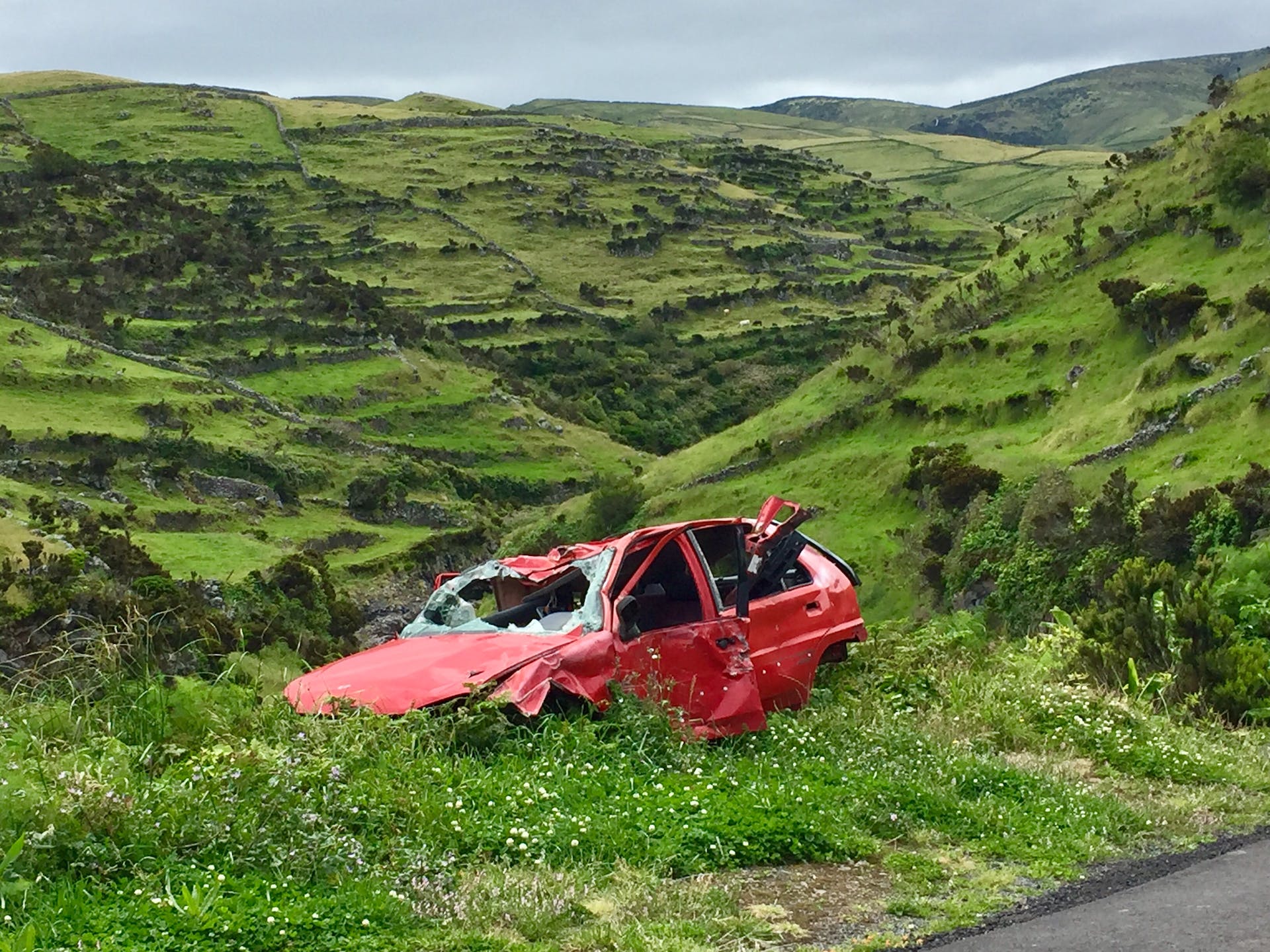Owning a car comes with the responsibility of securing insurance to protect against unforeseen events. While liability coverage is a legal requirement in many places, car owners often wonder about additional layers of protection, with comprehensive coverage standing out as a crucial component. In this blog post, we’ll take a deep dive into what comprehensive coverage includes and why it’s an essential safeguard for car owners.
Understanding Comprehensive Coverage
Comprehensive coverage, often referred to as “comp coverage” or “other-than-collision coverage,” is a type of auto insurance that provides protection against damages to your vehicle that are not caused by a collision with another car. While collision coverage handles accidents involving other vehicles, comprehensive coverage extends its shield to a broader range of scenarios.
What’s Typically Covered
Natural Disasters
Comprehensive coverage steps in when your vehicle suffers damage from natural disasters such as floods, earthquakes, hurricanes, tornadoes, or wildfires. This is particularly crucial for individuals residing in regions prone to specific environmental risks.
Weather-Related Damages
Hailstorms, windstorms, and other weather-related events can wreak havoc on your car. Comprehensive coverage ensures that the costs of repairing or replacing your vehicle due to weather-related damages are covered.
Theft and Vandalism
Car theft and vandalism are unfortunate realities that many vehicle owners face. Comprehensive coverage offers financial protection in these instances, covering the costs of repairs or replacement if your car is stolen or damaged by vandals.
Falling Objects
Whether it’s a tree branch, a rock, or any other object falling from the sky, comprehensive coverage steps in to cover the damages to your vehicle. This can be especially relevant in areas with dense tree cover or construction zones.
Animal Collisions
Striking an animal on the road can result in significant damage to your vehicle. Comprehensive coverage covers the repair costs if your car collides with animals such as deer, moose, or even smaller creatures.
Broken Glass
Comprehensive coverage often includes coverage for broken glass, such as a cracked windshield. Repairing or replacing glass can be costly, and comprehensive coverage ensures that you won’t have to bear the full financial burden.
Why Comprehensive Coverage is Important for Car Owners
Protection Beyond Collisions
While collision coverage takes care of accidents involving other vehicles, comprehensive coverage provides a safety net for a wide array of non-collision events. This ensures that car owners are protected from various risks that can damage or destroy their vehicles.
Financial Security in Unpredictable Situations
Life is unpredictable, and so are the circumstances that can lead to damage to your vehicle. Comprehensive coverage provides financial security, allowing you to address repairs or replacements without bearing the full financial burden.
Safeguarding Against Theft and Vandalism
The emotional toll of having your vehicle stolen or vandalized can be overwhelming. Comprehensive coverage not only provides financial assistance but also offers peace of mind, knowing that you are covered in the unfortunate event of theft or vandalism.
Maintaining Vehicle Resale Value
For many, a vehicle is a significant investment. Comprehensive coverage helps maintain the resale value of your car by ensuring that damages, whether from natural disasters or other incidents, are promptly repaired.
Peace of Mind on the Road
Knowing that you have comprehensive coverage in place provides a sense of security as you navigate the roads. It allows you to focus on the joy of driving without constant worry about potential risks beyond collisions.
Considerations when Choosing Comprehensive Coverage
Deductibles
Car owners should carefully consider the deductible associated with comprehensive coverage. The deductible is the amount you pay out of pocket before your insurance coverage kicks in. Adjusting the deductible can impact your premium costs.
Actual Cash Value vs. Replacement Cost
When choosing comprehensive coverage, understand whether it provides coverage based on the actual cash value (depreciated value) or the replacement cost (the cost to replace the item with a new one). Each option has its considerations, and it’s essential to choose what aligns with your preferences and budget.
Coverage Limits
Be aware of any coverage limits that may apply to comprehensive coverage. Some policies may have specific limits on certain types of damages, and exceeding these limits could leave you responsible for additional costs.
Comprehensive coverage is a vital component of a well-rounded auto insurance policy. By understanding what it includes and recognizing its importance in safeguarding against a myriad of risks, car owners can make informed decisions to protect their investment and enjoy the peace of mind that comes with comprehensive coverage. Whether it’s natural disasters, theft, or other non-collision events, having comprehensive coverage ensures that you’re prepared for the unexpected twists and turns of life on the road.




Leave a Reply